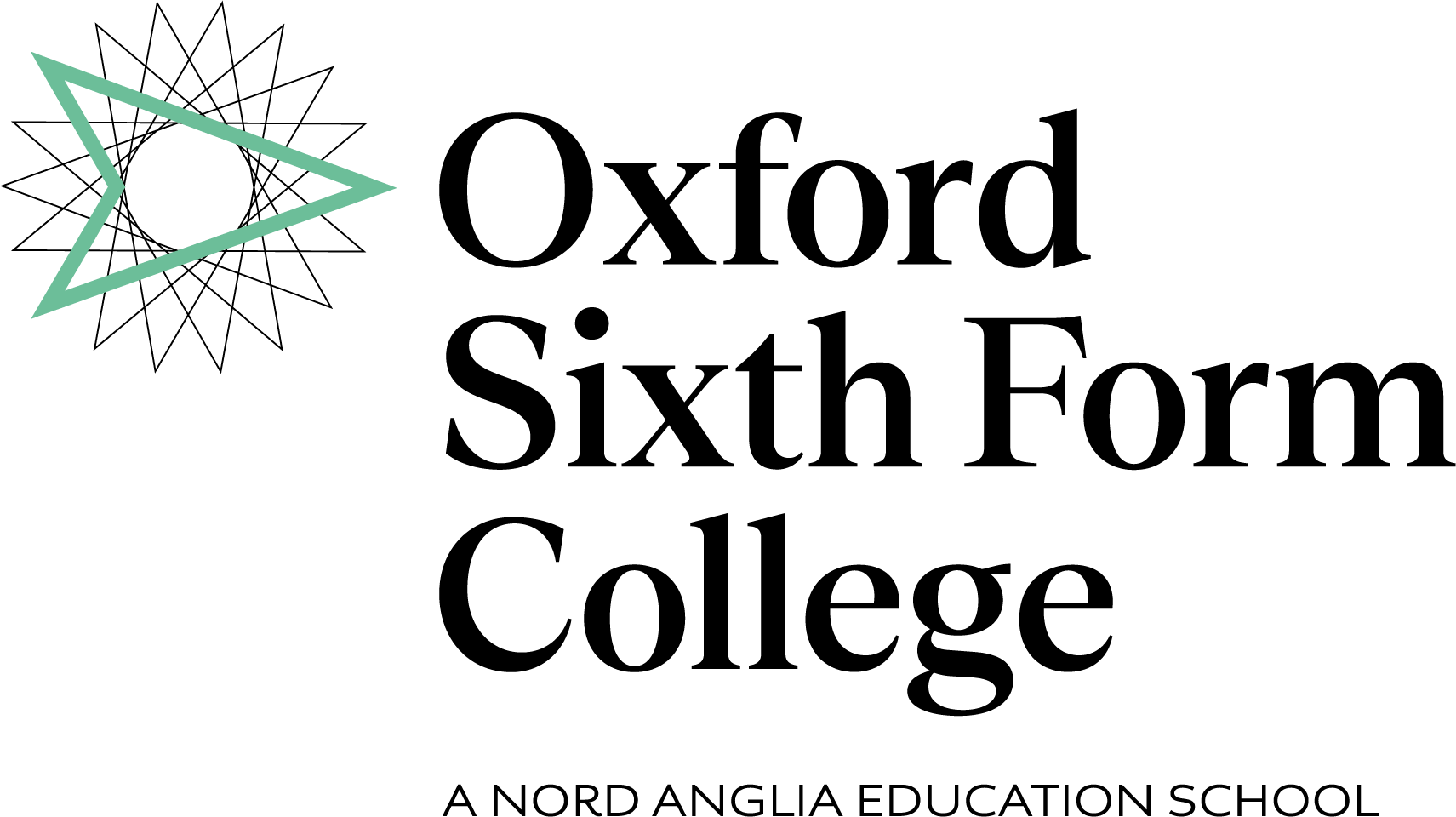A-Level History
How could ‘normal’ people become victims or supporters of ‘abnormal ideologies? How did Hitler rise to power? How did The French Revolution change the world? These are the kinds of questions that students will investigate while studying A-Level History.
What is History?
History provides an opportunity to look at the behaviour, ideas and attitudes of people in the past, and to interpret them using secondary information and the materials produced at the time. It allows students to see the impact of government decisions on all levels of society, and see how societies developed both through slow evolution and more revolutionary stages.
These skills are primarily assessed by means of essays, giving students a sound understanding of how to create and support arguments and counter-arguments to reach a clear and convincing conclusion. Contemporary sources are compared in order to see where agreement and disagreement occurs. Students learn a range of historical interpretations of a contentious issue and become able to locate views in the context of the wider debate among practising historians.
How is it studied?
CIE A-Level History is taught within the two-year A-Level programme.
Tutors encourage students to explore and use knowledge in class debate, analysing contemporary sources and historians’ interpretations of the past. This means that students are regularly encouraged to cement their knowledge, but also to challenge it by being offered alternative perspectives and interpretations. Essays, source analysis and an understanding of historiography all form part of the overall assessment.
How is A-Level History assessed?
| Unit | Modules | Weighting | Format |
| 1 | The French Revolution (1774-1814) | 20% | External Exam: Source-based analysis |
| 2 | Liberalism and Nationalism in Germany (1814-1871) and The Industrial Revolution in Britain (1750-1850) | 30% | External Exam: Short essays |
| 3 | The Holocaust | 20% | External Exam: Interpretations (source-based) |
| 4 | Hitler’s Germany (1929-1941) and Britain (1919-1939) | 30% | External Exam: Essays |
Exam Board: CIE
What do I need?
5 GCSEs grade 5 or above including Maths and English or equivalent international qualifications.
For international students who have taken IELTS, we require an overall score of 5.5 with a minimum of 5.5 for each of the reading and writing components.
For international students who have taken IGCSE English (Second Language), we require grade 5 or above.
You do not need to have studied GCSE or IGCSE History, although familiarity with interpretation of sources will help. To do well in History, you need to have a strong interest in the past and a willingness to read and take notes effectively. Success relies upon building up sound knowledge and using this to analyse events thematically, so an organised approach is helpful, as is an awareness of how to build and support arguments. As the course involves interpreting the content, style and tone of sources, it is useful to have a strong command of English.
What should I study with History?
History combines well virtually any other subject. The skills learned are applicable in many other areas, including the sciences. There are no wrong combinations with History, so you can be extremely creative in your options!
What can I do with A-Level History?
History at A-Level is a traditional and highly valued course. Many universities look upon it as showing a sound academic preparation in the humanities. The ways in which History builds an ability to question, argue and counterargue make it a very good preparation for courses in law, politics, philosophy and business. It can also support science applications as it shows the ability to argue critically at length in an essay format.
Questions about the course
Can I take History in one year?
No.
Related Subjects
Accreditations



